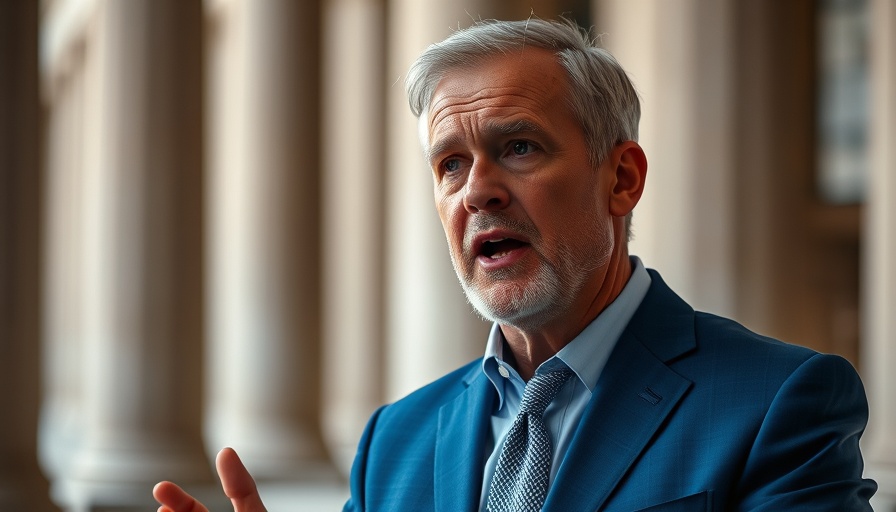
Russia's Position on Ukraine Security Guarantees
In recent discussions surrounding Ukraine's security guarantees, Russia insists on a significant role in shaping the future framework. This comes in light of ongoing tensions in the region, where the balance of power remains a focal point for international relations. As the conflict persists, understanding Russia's demands adds a layer of complexity to diplomatic efforts aimed at stabilizing the area.
The Historical Context: Understanding Russia's Involvement
To grasp the current negotiations, one must consider the historical backdrop of Ukraine-Russia relations. Following the annexation of Crimea in 2014 and ongoing military engagements in Eastern Ukraine, Russia’s involvement in security discussions is seen as an assertion of its interests in the region. This historical context is crucial, as it reflects longstanding grievances and security concerns that Russia believes must be addressed in any agreements regarding Ukraine’s defense.
Why Russia Can’t Be Overlooked in Security Talks
Russia’s demand for inclusion is rooted in its strategic interests. As a nation that shares a border with Ukraine, Moscow views its involvement as essential to maintain regional security. Diplomats and analysts warn that failing to involve Russia could exacerbate tensions and lead to further conflicts, making peace negotiations more challenging. Inclusion may not only pacify Russia but could pave the way for more comprehensive security pacts that involve broader European players.
Counterarguments: Perspectives from Ukrainian and Western Allies
On the flip side, some Ukrainian and Western officials are wary of granting Russia a seat at the table. They fear that Russia's participation might legitimize its previous aggressive actions in Ukraine and undermine the sovereignty of the nation. For these stakeholders, security guarantees for Ukraine should prioritize Ukrainian independence and territorial integrity without succumbing to Russian influence or demands.
The Impact of International Alliances and Partnerships
As international alliances come into play, the situation becomes increasingly complicated. NATO's responses and commitments to Ukraine following Russian aggression underline the urgent need for a robust security framework. However, even NATO faces the challenge of effectively balancing its stance in the negotiations while addressing the concerns of its eastern members, particularly those vulnerable to Russian actions.
Looking Ahead: What’s Next for Ukraine, Russia, and Global Actors?
The future of security guarantees in Ukraine does not solely rest on Russia’s demands but includes a broader spectrum of international interests. As nations grapple with the implications of potential agreements, the dialogue surrounding security must consider the evolving geopolitical landscape. Will nations be able to form a unified stance that respects both Ukraine's independence and Russia's security concerns?
As negotiations progress, it’s essential for all parties involved to remain committed to dialogue. The possibility of securing peace in Ukraine may depend on the willingness to bridge divides and reassess strategic priorities that can translate into effective and lasting security guarantees.
 Add Row
Add Row  Add
Add 



Write A Comment